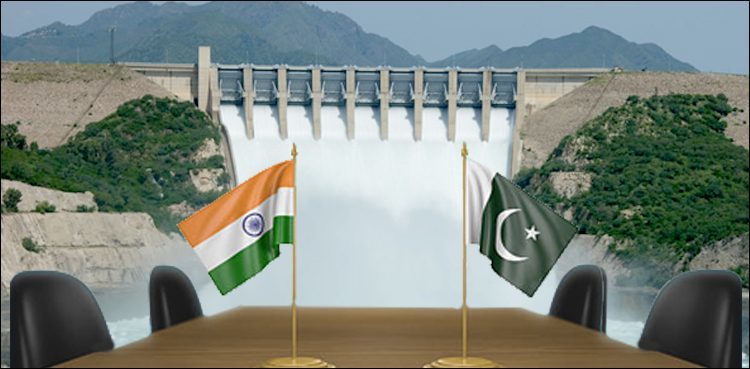ISLAMABAD: An arbitration proceeding will commence over contentious hydropower projects at the Hague today, citing sources ARY News reported on Monday.
Pakistan has objected with the World Bank over the design of the run-of-river Kishenganga and Ratle hydropower projects.
India is building 330 megawatt Kishenganga hydropower project on River Jhelum and 850 MW Ratle hydropower project over Chenab River.
Pakistan said that Kishenganga and Ratle hydropower projects could impact the flow of water entering Pakistan in contravention to the Indus Water Treaty between the two countries.
An arbitrator was appointed with the assistance of the World Bank to resolve the dispute, sources said.
A Pakistani delegation headed by Pakistan’s Secretary Water Resources Hassan Nasir Jami, has been in the Hague for the arbitration hearing, according to sources.
The delation also comprised of Pakistan’s Indus Water Commissioner Syed Mahar Ali Shah and officials of the Attorney General’s office, sources said.
The arbitrator will hear the case upto February 28, sources added.
Indus Water Treaty
The Indus Water Treaty is a water-sharing agreement between India and Pakistan. The treaty was signed on September 19, 1960, between India and Pakistan and brokered by the World Bank. The treaty fixed and delimited the rights and obligations of both countries concerning the use of the waters of the Indus River system.
Under the treaty, India has control over the eastern rivers (the Sutlej, Beas, and Ravi) and Pakistan has control over the western rivers (the Indus, Chenab, and Jhelum).
On August 19, 2016, Pakistan had formally approached the World Bank Arbitration Court over the controversial design of India’s water projects. The World Bank started the process of establishing the court in March 2022.
The Indus River rises in the southwestern Tibet Autonomous Region of China and flows through the disputed Kashmir region and then into Pakistan to drain into the Arabian Sea. It is joined by numerous tributaries, notably those of the eastern Punjab Plain—the Jhelum, Chenab, Ravi, Beas, and Sutlej rivers.


Leave a Comment